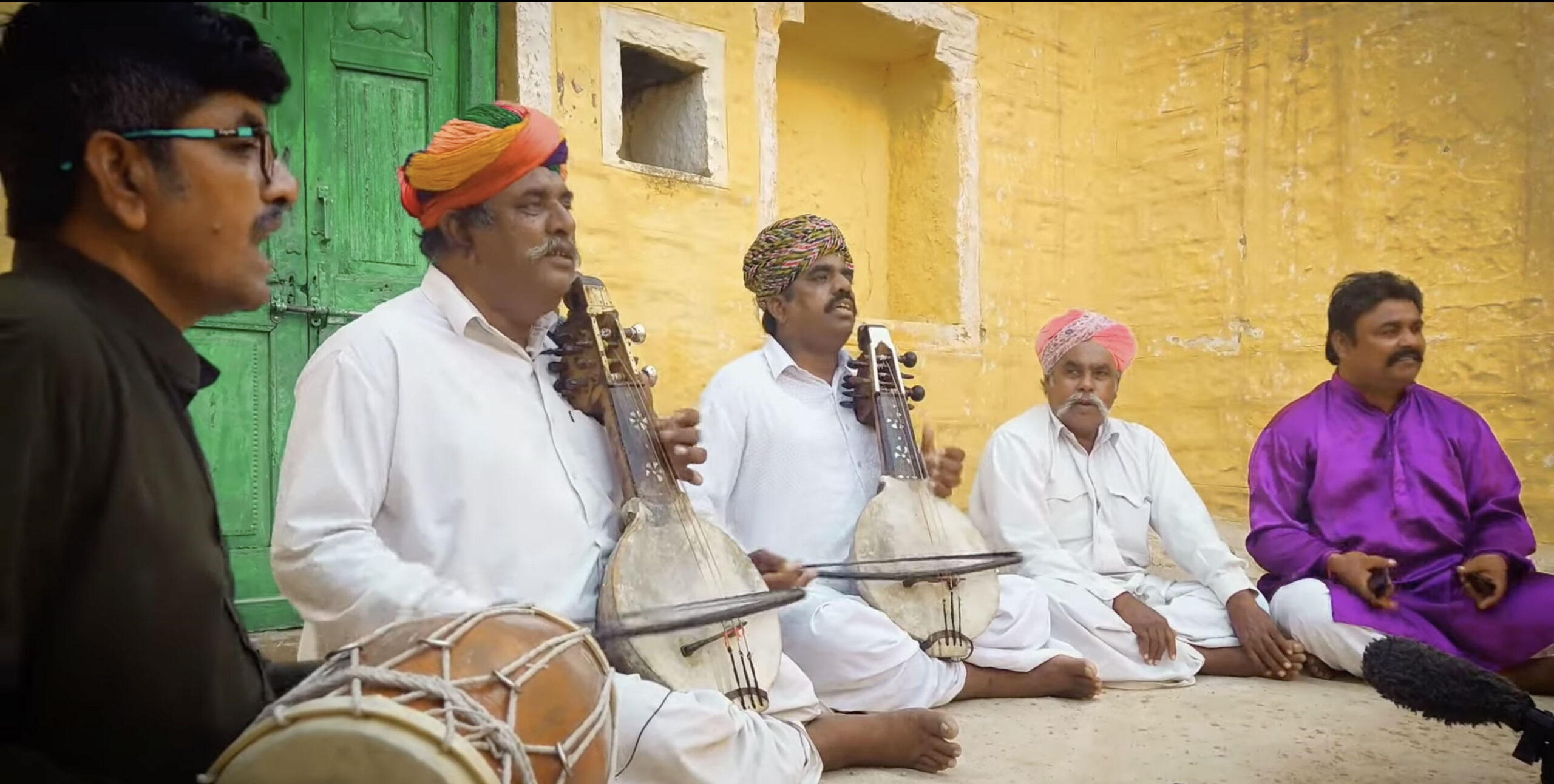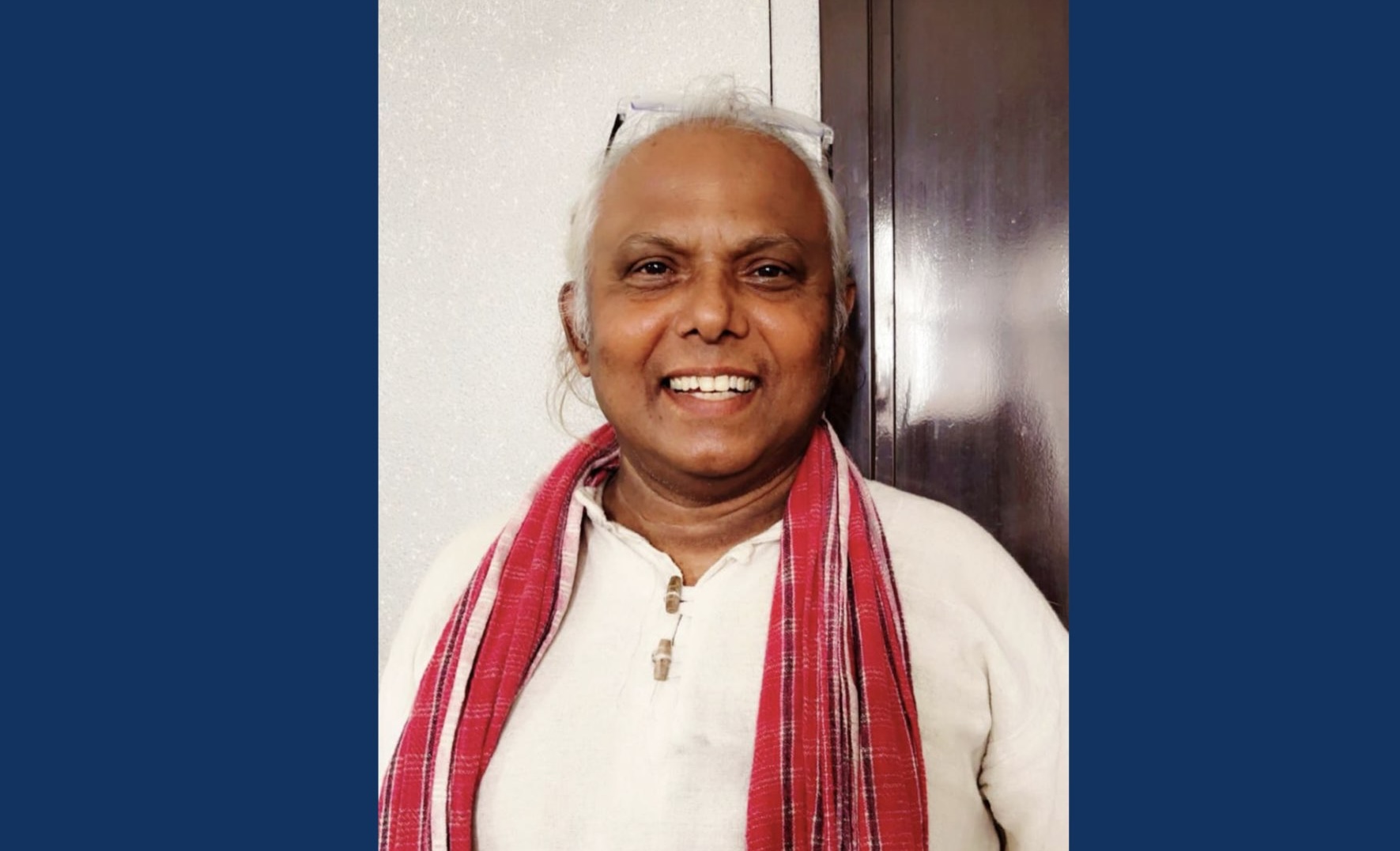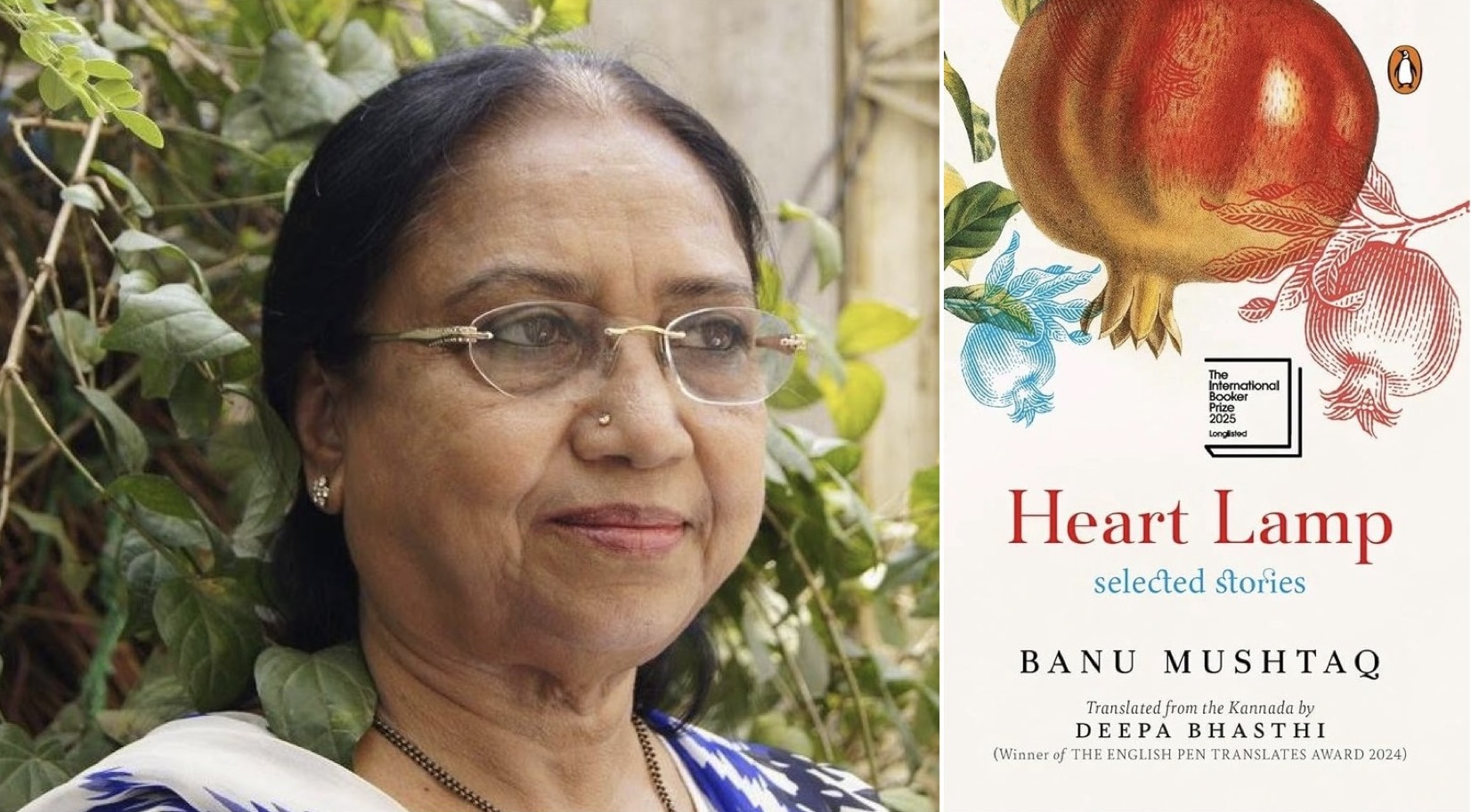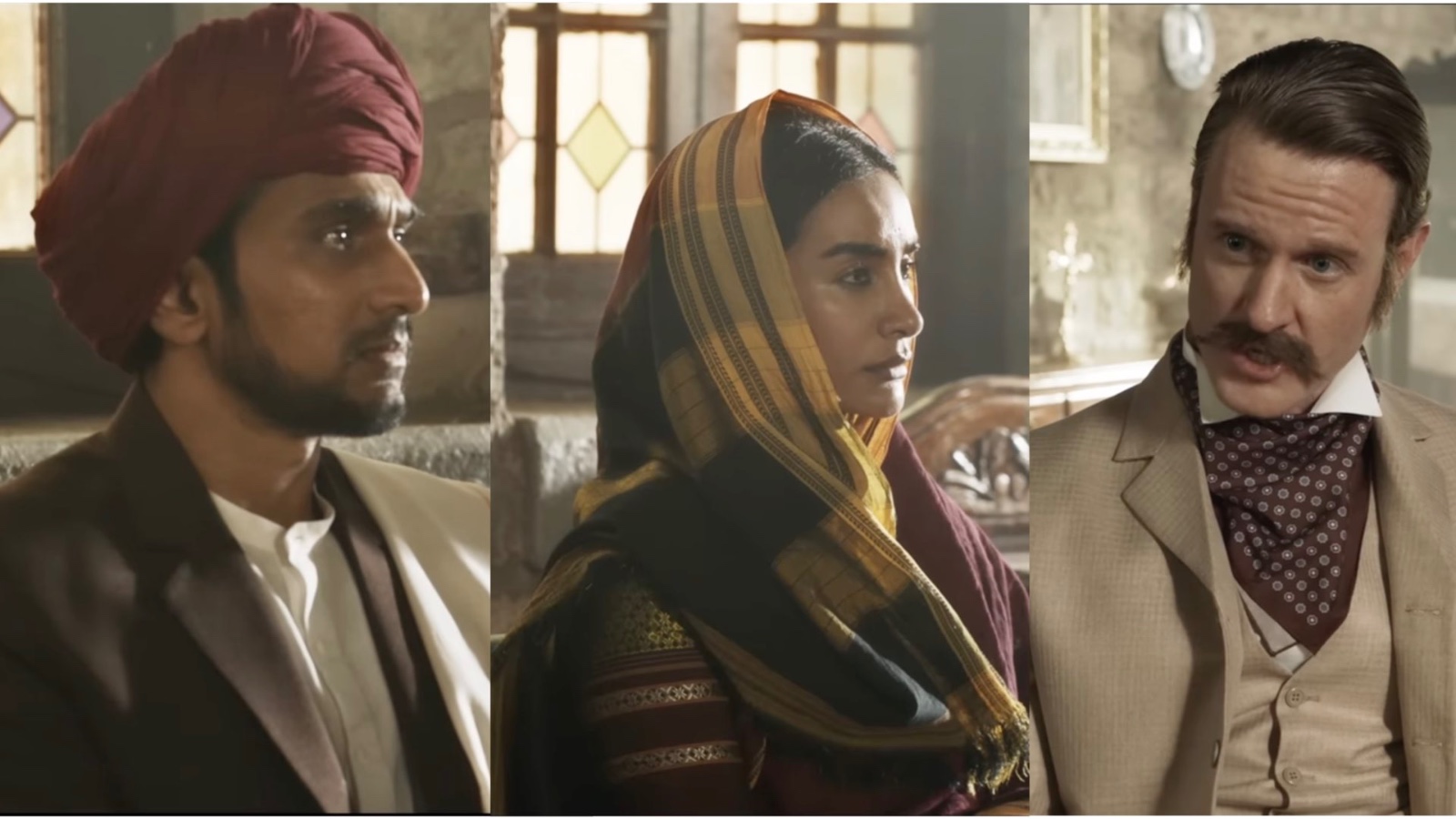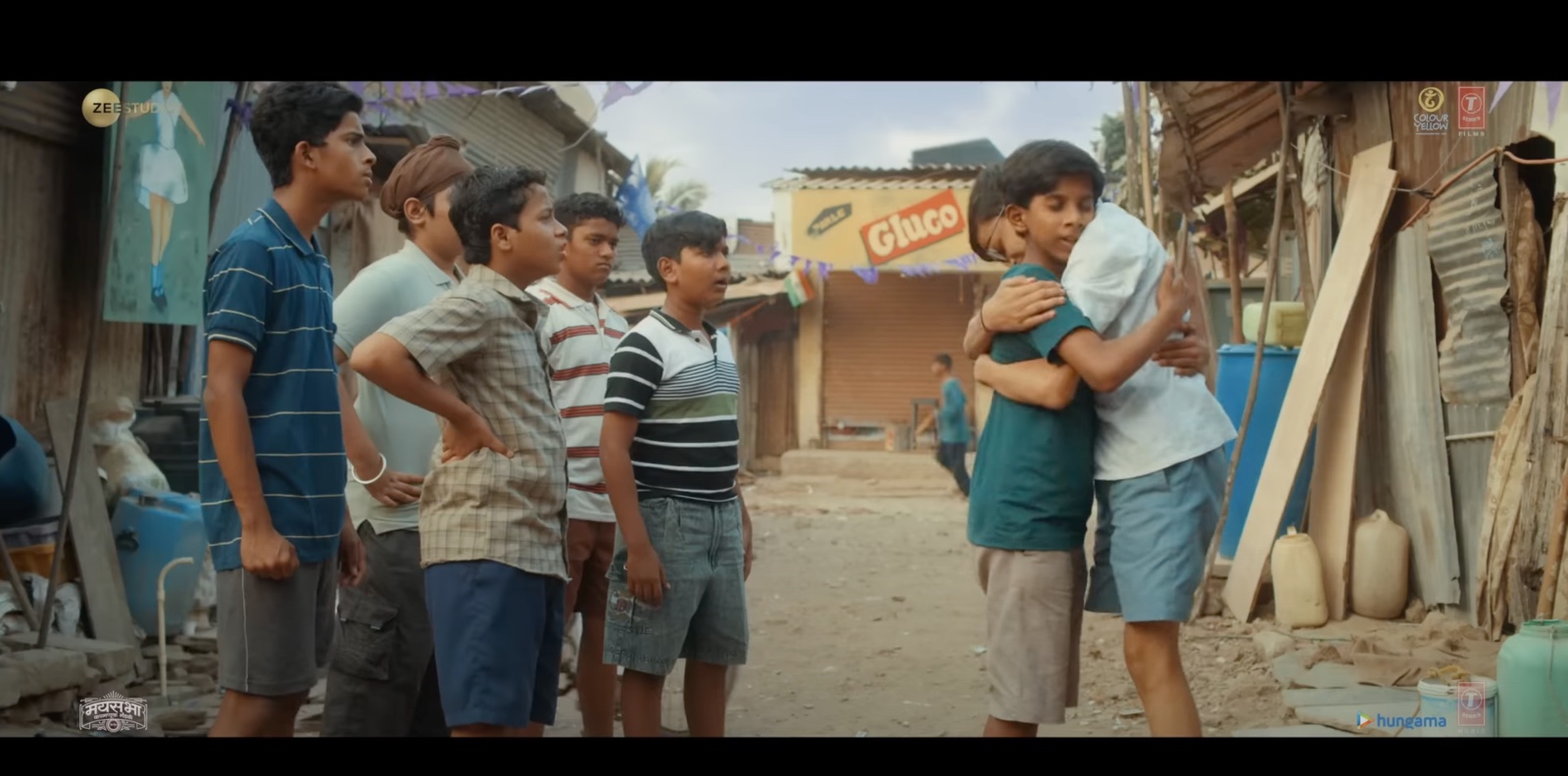Netflix’s recent drama-comedy series ‘Dabba Cartel’ reminds one of the other two famous shows based on drug trafficking and manufacturing– ‘Narcos’ and ‘Breaking Bad’. The point of departure in these web shows marks them out with the intensity of the intent of the drama. ‘Dabba Cartel’ depicts the serious issue of the widespread abuse of a deadly drug on account of the misdoings of a pharmaceutical giant, but in a complexly comical manner. The humorously twisted way in which this tale of a business venture gone rogue is told, would not have been possible but for the efforts of the actors involved and some innovation in storytelling.
The story revolves around multiple female protagonists belonging to different social-economic strata but having one thing in common– a desire to prove their worth and competence. There is a middle-class woman (Raji) who wishes to run a tiffin (dabba) service business and work towards the aspiration inculcated by her husband of moving to Germany in pursuit of a better life. There is a working-class woman (Mala) who offers her services as domestic help (obviously to those above her on the class ladder), just so that she could build a better future for her daughter. Then there is an upper-class “elitist” woman (Varuna) who previously worked at the devious pharmaceutical company, but now grapples with mental health issues and is under pressure from her patriarchal husband. There are more such versatile characters, most of them female, but any further description would give away too much to the prospective viewers.
The women coming together to run a drug business disguised as a ‘dabba’ service has us wondering whether the old doctrine of class struggle premised on inevitable antagonism between classes has been turned on its head and we are witnessing class cooperation instead, a cooperation necessitated by the compulsions of the patriarchal structure. It is here that as far as the entanglement of class and gender questions is concerned this Netflix series excites but at the same time feels incomplete by its lack of engagement with the caste structure.
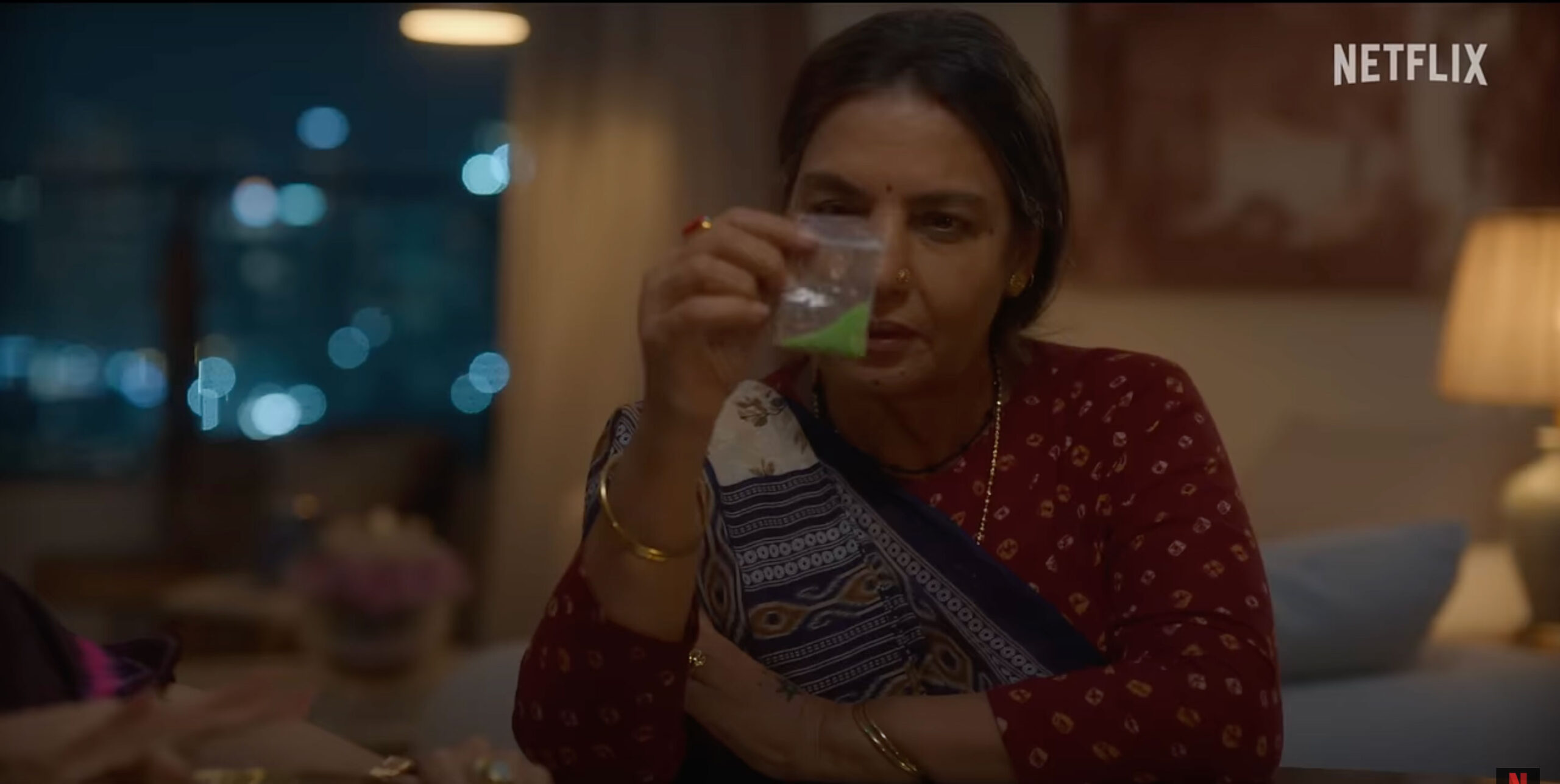
In one of the scenes, Varuna, the domestic worker eking out a living is shown conversing with the “elitist” upper-caste woman about how for the rich respect comes easy and how for the poor like her respect has to be earned. Admittedly, ‘respect’ in Indian society is also entwined with caste positionality. This is left to the imagination of the viewer. This conversation, however, suggests the explicit realization by Varuna regarding the condition of the poor who predominantly belong to disadvantaged castes and the apparent apathy of the “elite” towards the real-life conditions of the poor masses. This conversation takes place when the all-female Drug-Dabba Cartel are trying to save themselves from the notorious drug mafia and the police. When things start unravelling for the pharma company involved in the production of the addictive drug, it scapegoats one of its engineers and fires him. In one of the later episodes, the engineer laments that the “law is always on the side of the people who have more power”.
When these “entrepreneurial” women are trying to fulfil their ambitions, their ordinary lives are disrupted by the elements of crime, police action and fate. They are stuck in a life-threatening situation and then get out of it again through collective efforts. This solidarity of women from different socio-economic backgrounds in pursuit of their dreams and desires is a recurrent theme in the series. The way Shabana Azmi’s character Sheila is placed and developed in the show puts this into perspective.
‘Dabba Cartel’ offers an almost majestic cocktail of characters and stories tied together to provoke laughter and thought. The themes of middle-class morality and aspirations, the everyday struggles of the poor working people, the isolated shambles of a life that the corrupt elite lead leave a lasting impression on the audience. While the show aims to entertain out and out, it also touches upon some social-cultural themes. It leaves the viewer wanting more at the end of this emotionally refreshing journey.
Forward Press also publishes books on Bahujan issues. Forward Press Books sheds light on the widespread problems as well as the finer aspects of Bahujan (Dalit, OBC, Adivasi, Nomadic, Pasmanda) society, culture, literature and politics. Contact us for a list of FP Books’ titles and to order. Mobile: +917827427311, Email: info@forwardmagazine.in)

